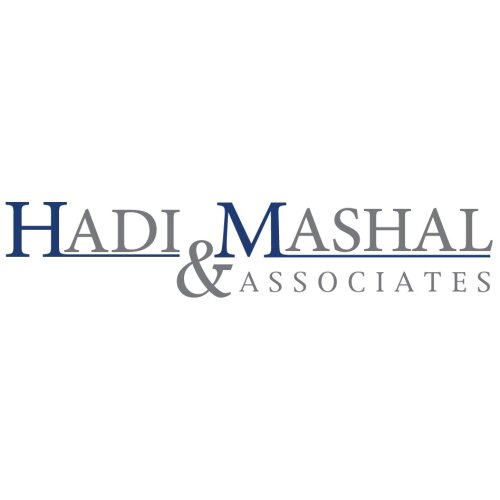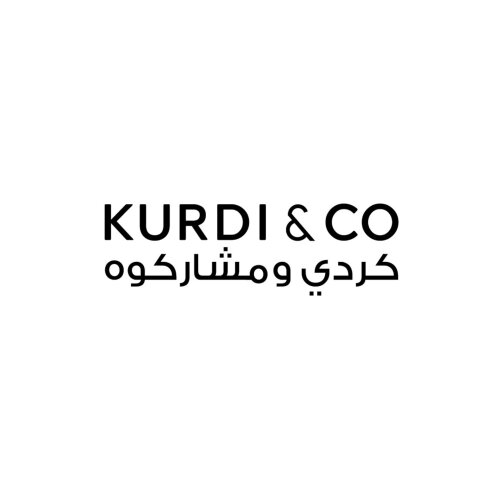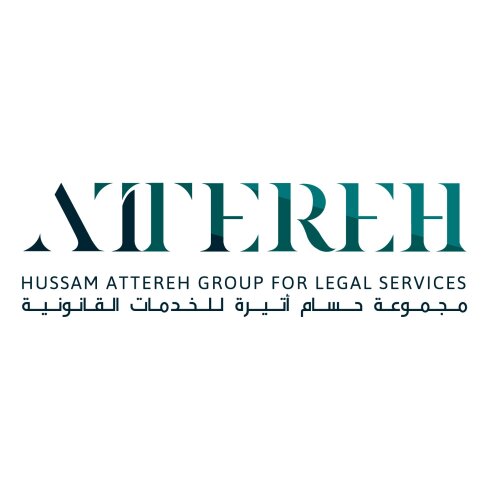Best Water Law Lawyers in Ramallah
Share your needs with us, get contacted by law firms.
Free. Takes 2 min.
List of the best lawyers in Ramallah, Palestine
About Water Law in Ramallah, Palestine
Water Law in Ramallah, Palestine is a specialized area of law that governs the allocation, use, management, and protection of water resources. In a region where water scarcity is a significant concern, legal frameworks have been developed to regulate water distribution, ensure fair usage, prevent pollution, and resolve disputes among users. The legal landscape is shaped by a mix of local Palestinian laws, regulations set by the Palestinian Water Authority (PWA), customary practices, and, in some cases, international agreements.
Why You May Need a Lawyer
Residents and businesses in Ramallah may need legal assistance with Water Law for several reasons. Common situations include:
- Disputes over access to water for agricultural, industrial, or personal use
- Issues surrounding water rights and allocation among landowners or communities
- Problems with water supply interruptions or quality concerns
- Regulatory compliance for businesses dealing with water extraction or wastewater management
- Enforcement actions for water pollution, illegal drilling, or unauthorized usage
- Negotiating contracts related to water supply, infrastructure projects, or construction
- Advice for NGOs or international bodies operating water projects in the area
An experienced Water Law lawyer can provide guidance, represent clients in court or negotiations, and help navigate the complex regulatory framework.
Local Laws Overview
Key aspects of Water Law in Ramallah, Palestine include:
- Water Rights and Allocation: Water resources are publicly owned and regulated by the Palestinian Water Authority, which determines allocation according to need, sustainability, and social priorities.
- Permits and Licensing: Drilling wells, extracting groundwater, or setting up water infrastructure generally require official permits from the PWA.
- Use Restrictions: Limits exist on the quantity of water that can be used for agricultural, commercial, or domestic purposes, depending on local supply and demand.
- Water Quality Standards: There are strict regulations concerning the quality of water to be delivered for human use, as well as requirements for wastewater treatment and disposal.
- Sanctions and Enforcement: Violations such as illegal well drilling, water theft, or pollution can result in fines, legal action, or cessation of supply. The PWA and local courts can enforce these measures.
- Customary and Community Practices: In rural or peri-urban areas, longstanding practices and community agreements often interact with formal law, particularly in dispute resolution.
- International Influences: The Oslo Accords and other agreements affect water management, particularly concerning shared resources and coordination with Israeli authorities.
Frequently Asked Questions
Who controls water resources in Ramallah?
The Palestinian Water Authority is the main body overseeing water resources in Ramallah. It regulates extraction, supply, and infrastructure development.
Do I need a permit to dig a well on my property?
Yes, you must obtain a permit from the Palestinian Water Authority before drilling or modifying any water wells, regardless of property ownership.
What can I do if my water supply is interrupted?
You should first contact your local municipal office or water supplier. If the issue is unresolved, a lawyer can help you address prolonged interruption through legal channels.
Are there laws against water pollution?
Yes, both local and national regulations prohibit the pollution of water resources. Violators may face penalties, cleanup costs, or criminal charges.
How are disputes between water users resolved?
Disputes may be settled through negotiation, community mediation, or legal proceedings in civil courts, depending on the complexity and parties involved.
Can businesses be penalized for overusing water?
Yes, businesses exceeding their allocated water quota without approval may face fines, suspension of supply, or other legal actions.
Where do water quality standards come from?
Water quality standards follow guidelines set by the Palestinian Water Authority, incorporating elements from international organizations like the World Health Organization.
Are there special rules for water in agriculture?
Agricultural use is subject to allocation limits, licensing, and, in some cases, seasonal restrictions based on resource availability.
Is rainwater harvesting allowed?
Rainwater harvesting is generally permitted, but large-scale systems or those for commercial use may require permits and must comply with health regulations.
How can international agencies operate water projects in Ramallah?
International organizations must coordinate with the Palestinian Water Authority and comply with local regulations, including obtaining necessary permits and respecting sovereignty over resources.
Additional Resources
If you are seeking further information or assistance, consider these resources:
- Palestinian Water Authority (PWA): The main government body for water resource regulation, information, and permits.
- Ramallah Municipality: Local authority handling water distribution, billing, and community issues.
- Environmental Quality Authority (EQA): Responsible for monitoring pollution and environmental compliance, including water quality.
- Palestinian Hydrology Group: An NGO focused on water rights, advocacy, and studies.
- Legal Aid NGOs: Several organizations offer legal support and information about water-related rights and disputes.
Next Steps
If you believe you need legal assistance regarding Water Law in Ramallah, consider these steps:
- Gather all relevant documentation, such as water bills, permits, correspondence, or evidence of problems.
- Contact your local municipal office or the Palestinian Water Authority for initial guidance or to file a complaint.
- Consult with a qualified lawyer who specializes in Water Law or environmental issues in Palestine. They can assess your situation, explain your rights, and outline possible solutions.
- If your issue involves regulatory compliance, potential environmental violations, or significant dispute, seek legal advice early to avoid penalties or escalation.
Seeking knowledgeable legal counsel will help protect your rights and interests while ensuring compliance with the complex regulations governing water in Ramallah.
Lawzana helps you find the best lawyers and law firms in Ramallah through a curated and pre-screened list of qualified legal professionals. Our platform offers rankings and detailed profiles of attorneys and law firms, allowing you to compare based on practice areas, including Water Law, experience, and client feedback.
Each profile includes a description of the firm's areas of practice, client reviews, team members and partners, year of establishment, spoken languages, office locations, contact information, social media presence, and any published articles or resources. Most firms on our platform speak English and are experienced in both local and international legal matters.
Get a quote from top-rated law firms in Ramallah, Palestine — quickly, securely, and without unnecessary hassle.
Disclaimer:
The information provided on this page is for general informational purposes only and does not constitute legal advice. While we strive to ensure the accuracy and relevance of the content, legal information may change over time, and interpretations of the law can vary. You should always consult with a qualified legal professional for advice specific to your situation.
We disclaim all liability for actions taken or not taken based on the content of this page. If you believe any information is incorrect or outdated, please contact us, and we will review and update it where appropriate.











